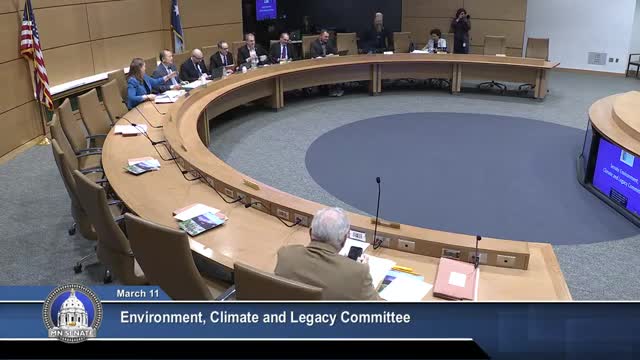Article not found
This article is no longer available. But don't worry—we've gathered other articles that discuss the same topic.
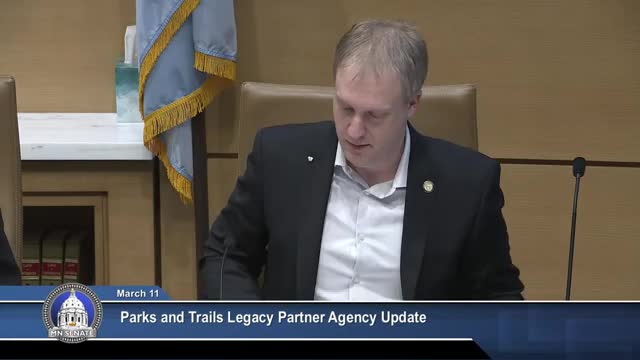
Agencies report progress on 25‑year parks and trails legacy plan; partners highlight land acquisition, accessibility and outreach
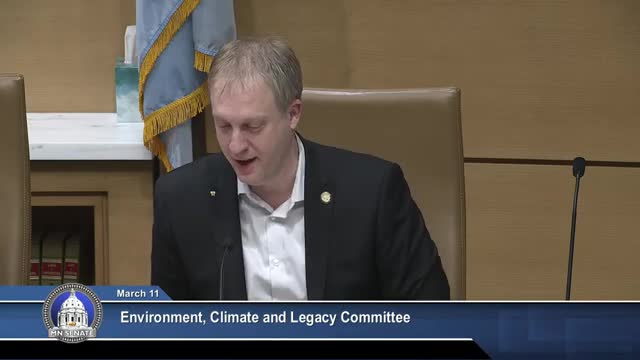
Coalition of Greater Minnesota Children’s Museums seeks tiered legacy appropriations
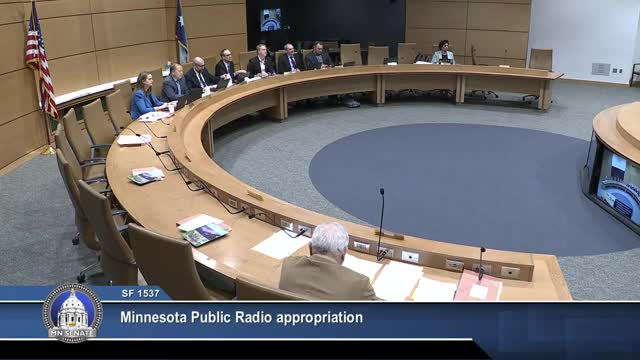
Minnesota Public Radio seeks $4.7 million in legacy funds for statewide arts and education programming
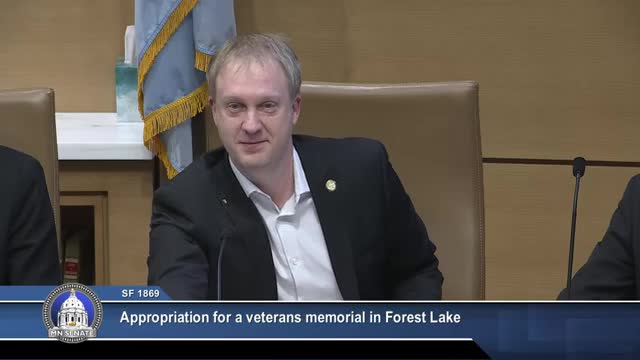
Forest Lake veterans group seeks $275,000 in legacy funds for Lakeside Park memorial
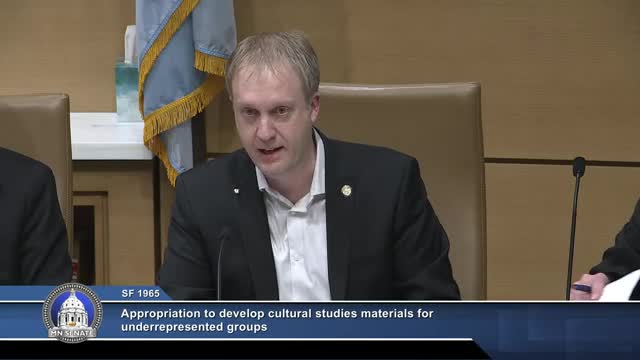
Senate hears proposal for grants to develop cultural and ethnic studies materials
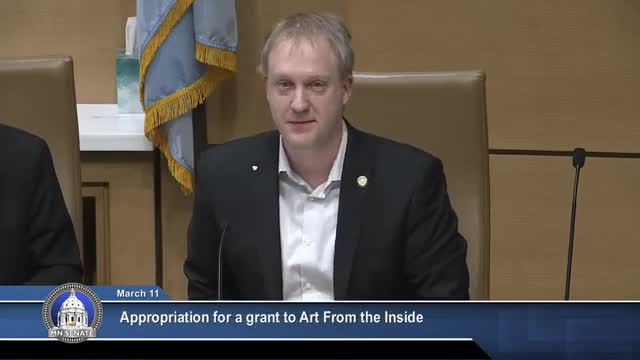
Senate panel hears testimony for Art from the Inside funding to continue prison arts and reentry support
